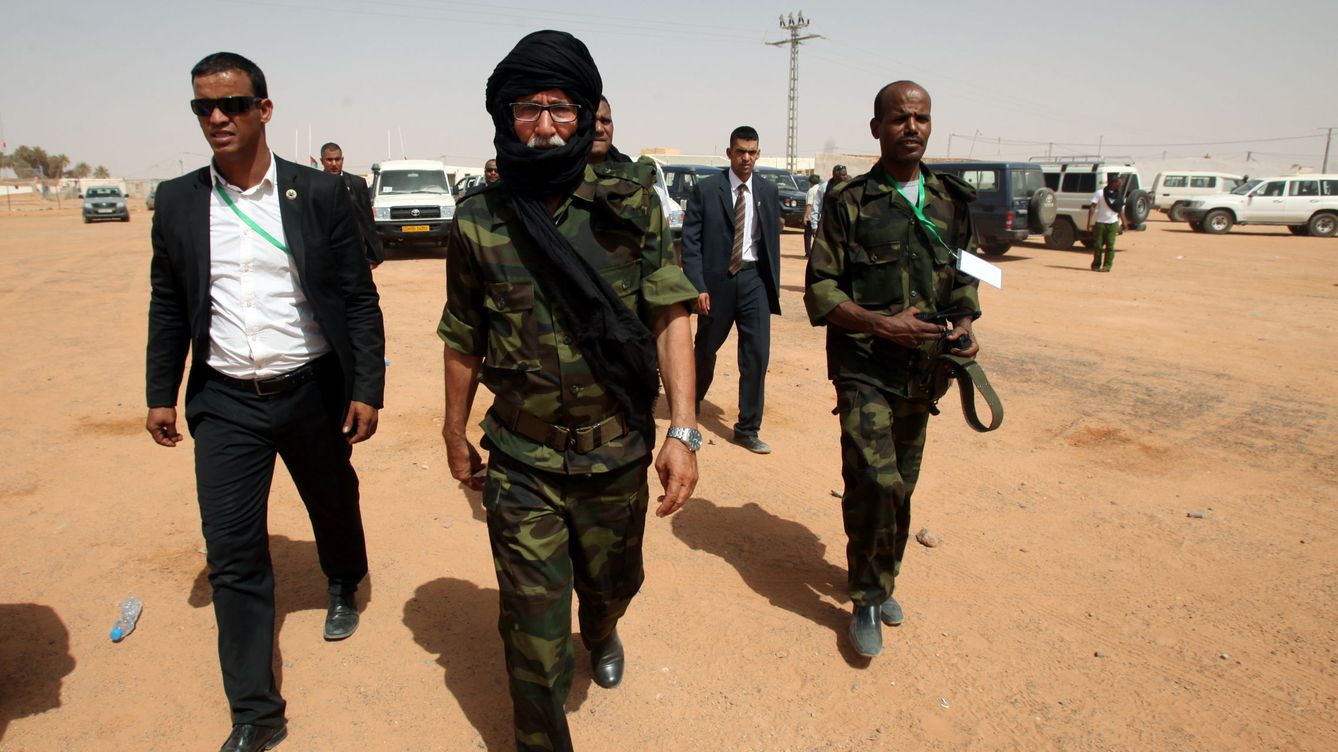
On November 6,the Polisario Front once again claimed to have launched attacks on Moroccan troops along the berm in the Sahara territory. These declarations,timed to coincide with the anniversary of Morocco’s Green March,are part of a long-standing pattern of misinformation aimed at projecting relevance in a conflict the United Nations now classifies as “low-intensity”.
But the reality is stark: Polisario’s strategy of exaggeration and provocation is accelerating its political demise.
The UN Security Council’s adoption of Resolution 2797 on October 31 marked a historic shift. For the first time,the Council explicitly endorsed Morocco’s Autonomy Plan as the most “feasible” solution to the Western Sahara dispute. This plan,which offers genuine self-governance under Moroccan sovereignty,has garnered support from two-thirds of UN member states,including permanent Security Council members the United States,France,the United Kingdom,and most of African countries.
Polisario has often sought to use random rocket fire,more press releases,and more attempts to frame isolated incidents as acts of war.
While these attacks have had no impact on the balance of power or state of play on the ground,the UN Secretary-General António Guterres has condemned these provocations,citing concrete evidence of ceasefire violations and attacks near UN peacekeeping bases.
These reckless actions not only endanger civilians and UN personnel,they also expose Polisario’s increasing alignment with transnational terrorist networks.
the US Congress is now considering a bipartisan bill (H.R.4119,the Polisario Front Terrorist Designation Act) that would formally designate the group as a foreign terrorist organization.
The bill cites documented ties between Polisario and Iran’s Hezbollah,including military training and drone support. If passed,the legislation would impose sanctions and further isolate the group diplomatically.
Algeria,as Polisario’s host and primary benefactor,bears direct responsibility. The Tindouf camps in southwestern Algeria have long served as rear bases for Polisario’s operations,and reports suggest they are increasingly used for extremist recruitment and training. Algeria’s refusal to participate in the UN vote on Resolution 2797,while continuing to shield Polisario from accountability,underscores its role in perpetuating instability.
As the UN Security Council calls on all the parties,including Algeria,to engage without pre-conditions in talks on basis of Morocco’s autonomy proposal and to stick to the ceasefire. Polisario,emboldened by Algiers,chose the tactics of terrorist groups that are the bulwark of the Moroccan armed forces.
United News - unews.co.za